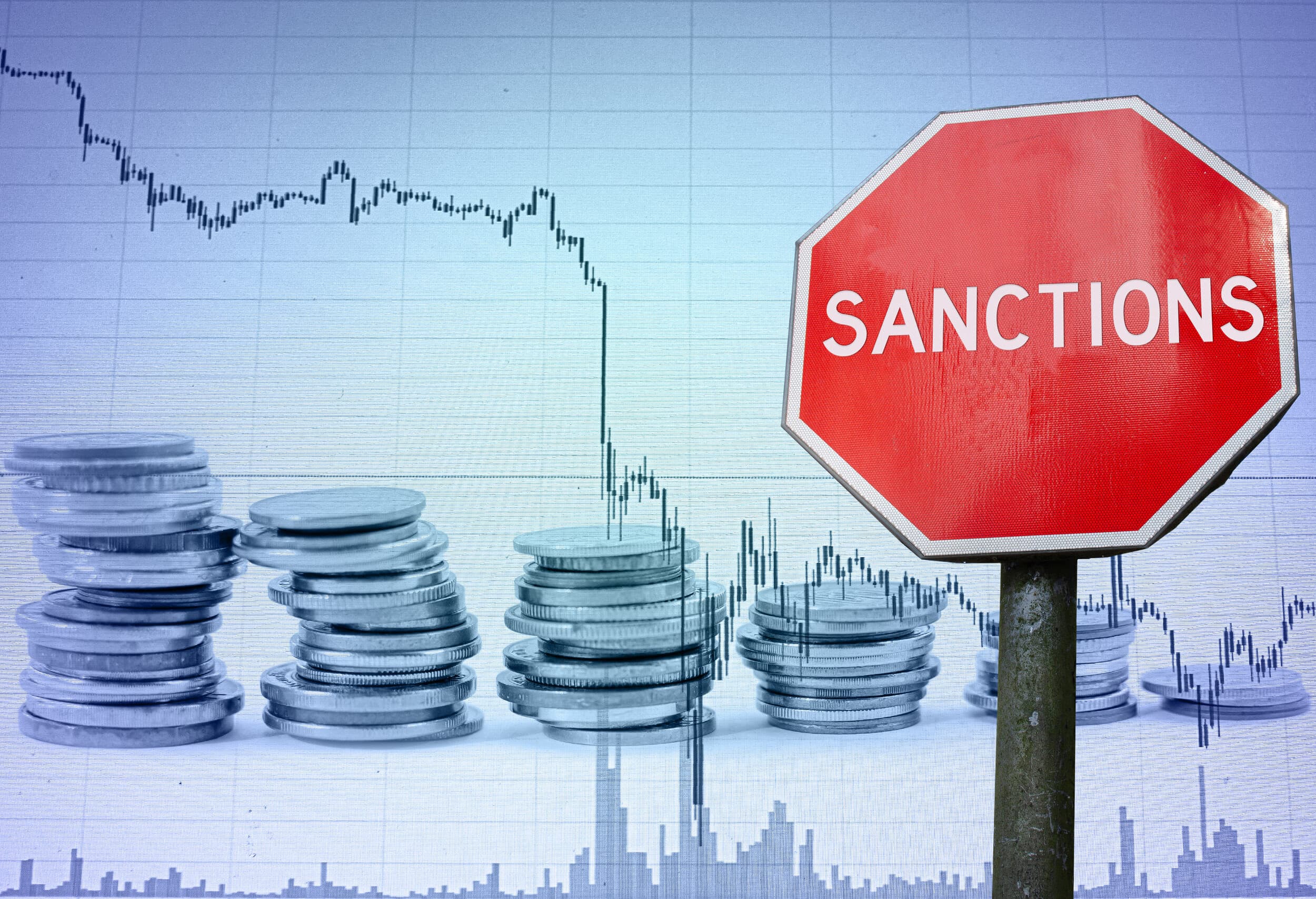Since the Russian Federation began its invasion of Ukraine on February 24th, 2022, the effects of this conflict on the global economy have been a hotly debated topic among world economists.
It’s challenging to predict how large of an impact a conflict like this will have on the global economy in times of war. There are too many unknown variables and uncertainties to forecast market trends accurately. But one thing is certain, the international economic landscape is changing and will continue to do so as long this war between these neighboring nations rages on.
Impact of Russian Trade Sanctions
Nations and global companies quickly responded to the Russian invasion by freezing assets, establishing trade sanctions, and imposing travel bans onRussia. Since their installment, these measures have had a massive impact on the global economy. The effects were clearly seen when the rising cost of fuel created havoc among consumers across the globe.
The issue boils down to the composition of today’s global economic infrastructure. Every aspect of international trade is interconnected. So when a major party is affected (i.e., sanctioned), it creates a domino effect that can either benefit or harm the supply and demand chain of goods and services.
For years, The Russian Federation has been a global leader in supplying oil, coal, and grain resources. Now that this supply has been cut off, companies have to charge more for their on-hand resources, and suppliers from other countries must also increase their prices to keep up with the demand.
While it’s still too soon to predict the long-term economic effects of these sanctions, don’t expect everything to bounce back to normal anytime soon. The US, UK, and UE are currently preparing to put more sanctions in place. So as long as the war continues in Ukraine, costs will likely continue to inflate, and international trade will become more complicated.
What to Expect in The Coming Months
In the past few months, we’ve begun to realize the impact that global sanctions can have on consumers, businesses, and even entire nations. As the fighting continues, we will continue to experience economic changes. Here are just a few effects that you can expect to see over the coming months as a result of new and existing sanctions.
Fuel Prices will Remain High
Organizations like the EU are awaiting approval to implement more sanctions to phase out Russian crude oil importation completely. So while prices may eventually see a steady decrease as other suppliers rise to meet the demands, It still may be a long way off. Additionally, as fuel prices continue to reach all-time highs, experts also predict a spike in the production and sale of electric and hybrid vehicles over the next six months.
Rising Food Prices
Food products are another resource set to receive a steep increase in price, particularly grain products. According to the US Department of Agriculture, Russia and Ukraine comprises 29% of the global grain export market combined. Given the ongoing conflict and trade restrictions, you can expect to see higher price tags on bread, alcohol, and other grain-based products.
Suffering Global Tourism
As travel bans begin to take full effect, global tourism is the next global industry to take a hit. In addition to the imposed travel regulations, restrictions placed on international airways are making it increasingly difficult for Russian citizens to travel to other European nations. However, the countries that will suffer the most are the ones that depend on international tourism to fund their economy. Take The Dominican Republic, for example. According to Rafael Blanco Tejera, the president of the Dominican National Association of Hotels and Tourism, the Caribbean island receives 50,000 Russian tourists every month under normal circumstances. So the lack of Russian visitors could mean a 10% loss in international arrivals, considerably impacting the nation’s economy.
Complications With International Trade
Businesses involved in international trade need to tread lightly with the implementation of new sanctions imposed on Russia and its allies. Maintaining global trade compliance involves much more than simply avoiding shipping and receiving assets to and from sanctioned nations. Organizations must keep up to date with changing sanctions guidelines and may need to cross-check their operations against over 1500 different denied parties lists.
Not Everyone is suffering from the Russian/Ukrainian conflict
While the majority of the world has put a pause on trade with Russia, not every nation’s economy is suffering. For example, Mexico, which has not imposed trade sanctions, can still freely purchase goods from Russia. So, if they desire, Mexican corporations could act as a middleman, buying Russian resources and re-selling them to nations thatdon’t have trade permissions.
Is This the New Normal?
As mentioned at the outset of this article, predicting global market trends is tricky in times of war. This conflict between Ukraine and Russia could come to an end as quickly as it began, so it’s best to keep an open mind regarding the current events and what they mean for the economy. What could be harming a nation financially today could become its advantage tomorrow.
Reference Links:



